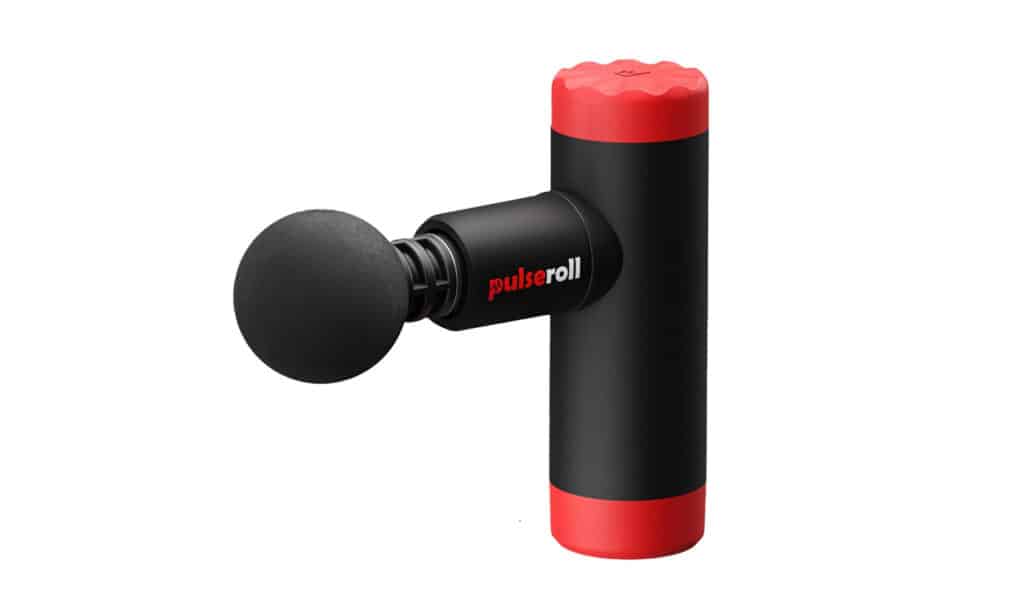
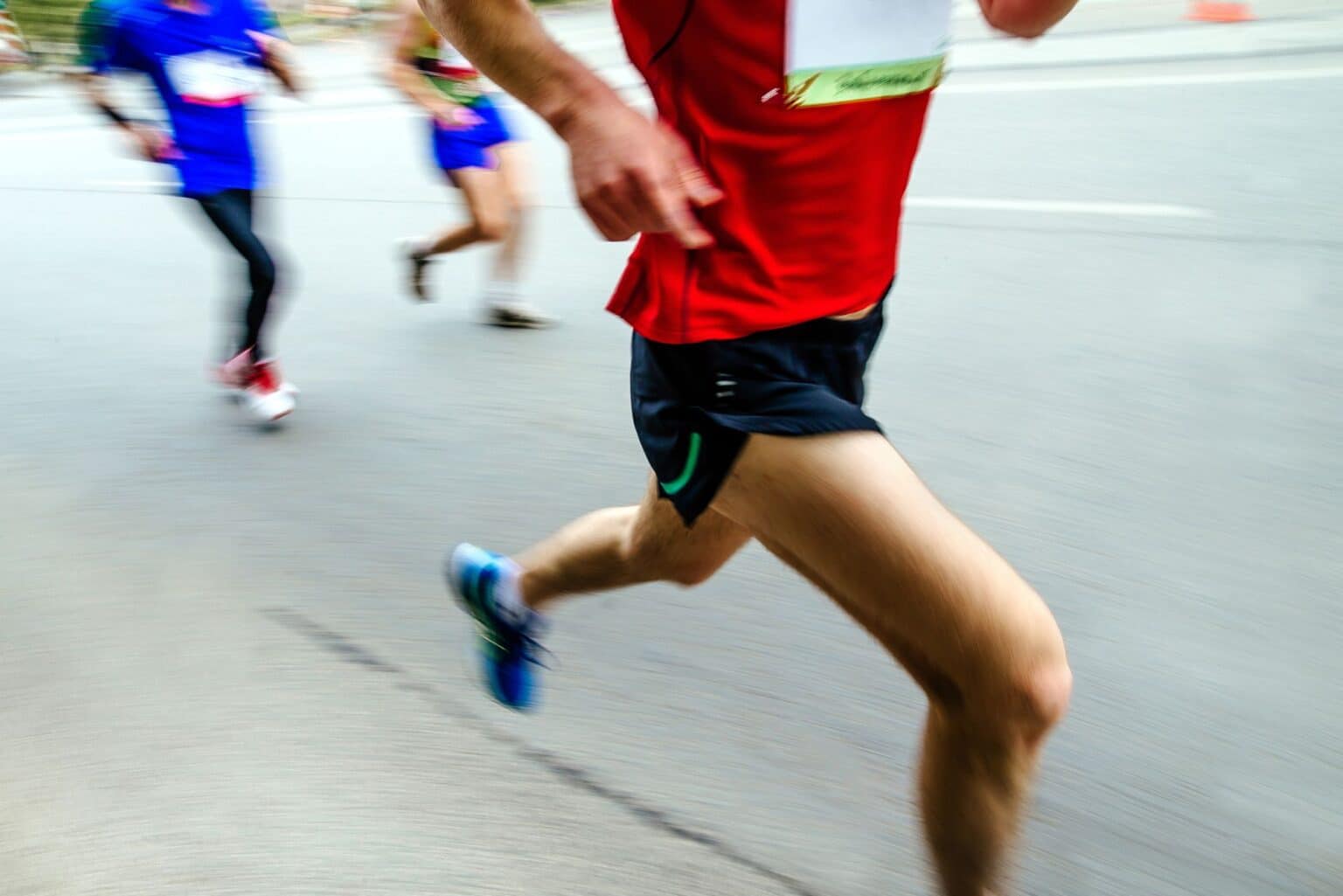
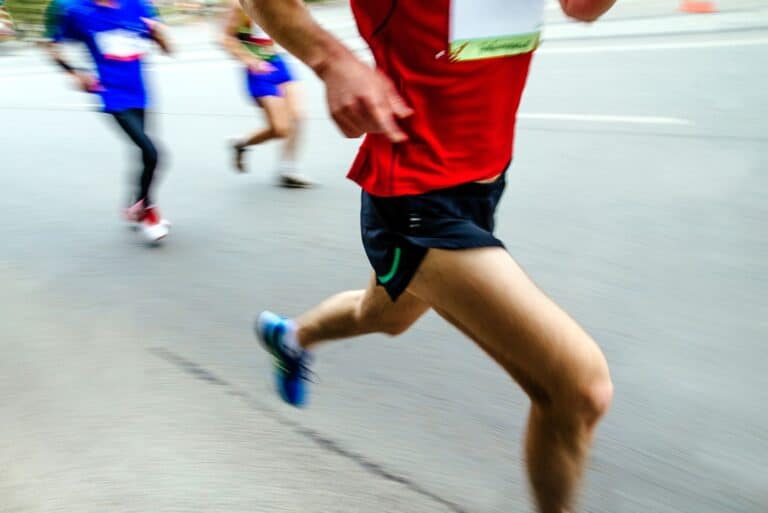
Running a marathon is one of the most challenging athletic feats. It requires months of training, mental toughness, and physical endurance to complete the 26.2-mile distance at an average marathon pace. But have you ever wondered what is considered an average marathon time? Or how you can improve your race performance?
In this article, we look at understanding average marathon time. We will also discuss some insights for runners on how they can train effectively to achieve their goals.
A marathon is a long-distance running event that spans 42.195 kilometres, or 26.2 miles. This gruelling race tests a runner’s endurance, stamina, and mental toughness, pushing them to their physical limits. Completing a marathon is a significant achievement, symbolising dedication and perseverance.
The origins of the marathon date back to ancient Greece, specifically to 490 BCE, when a messenger named Pheidippides is said to have run from the battlefield of Marathon to Athens to announce the Greek victory over the Persians. This legendary run inspired the creation of the modern marathon, which was first introduced in the 1896 Olympic Games in Athens. Initially, the race was approximately 40 kilometres long, but the distance was standardised to 42.195 kilometres (26.2 miles) in 1924. This distance has since become the global standard for marathon races, challenging runners worldwide.
The current average marathon finish time is 4:32:49. Understanding your average pace can help you gauge your performance and set realistic goals. This time reflects the diverse abilities and backgrounds of marathon runners across the globe. Marathon times have evolved significantly over the years, with the average time marathon time increasing by nearly 42 minutes since 1986. This trend highlights the growing participation of recreational runners who bring varied levels of experience and fitness to the marathon arena.
Several factors contribute to the variations in marathon times. Age, gender, and fitness level all play crucial roles in determining how quickly a runner can complete the 26.2 miles. For instance, younger runners often have faster times compared to their older counterparts, and men generally tend to finish quicker than women. These elements create a rich tapestry of marathon performances that showcase the sport’s inclusivity and wide appeal.
These averages and influencing factors can guide you in setting realistic goals and adjusting your training to enhance performance. Whether aiming to beat your personal best or complete your first marathon, knowing your standing relative to average times offers valuable insight and motivation.

Gender differences significantly impact marathon performances, with women generally running about 10.7% slower than men. This is reflected in average marathon times for each gender. Recent trends also show an increase in female participants, enriching the running community’s diversity.
Variations in marathon times by gender stem from physiological differences and varying levels of training and experience. Understanding these differences helps runners appreciate their performances and set personalised goals.
The current average marathon time for men is 4:21:03. This average has seen a slight increase over the years, from 4:14:45 in 2008 to the present time, indicating a trend towards longer completion times. Despite shifting trends, male runners continue to deliver extraordinary performances. Kelvin Kiptum of Kenya set a stunning example at the 2023 Chicago Marathon, recording the fastest marathon time ever for men: an incredible 2:00:35!
These figures showcase the varied capabilities within the male running community, from elite runners to amateur participants. Recognising this range can help men set realistic and challenging marathon goals.
For women, the current average marathon time is 4:48:45. This figure has shown a slight increase over recent years, reflecting broader participation and varying levels of experience among female runners. According to a 2019 report by RunRepeat, the average marathon time for women was 4:52:18, showcasing a consistent performance trend.
While the average marathon time for women is slower than that for men, elite female runners continue to set impressive records. Ruth Chepngetich of Kenya set the women’s marathon world record at an astonishing 2:09:56 during the 2024 Chicago Marathon, showcasing the remarkable strength and skill of elite female athletes.
This performance range highlights the importance of setting personalised goals based on individual abilities and training levels.
Age is another crucial factor influencing marathon performance. Average marathon times show significant variation based on both age and gender, with younger runners typically achieving faster times. As runners age, their completion times generally increase, reflecting changes in physical capabilities and endurance levels over time. For instance, qualifying for the Boston Marathon requires meeting specific age-based time standards, underscoring the impact of age on marathon performance.
Recognising these trends helps runners of all ages set realistic goals and tailor their training to specific needs. Whether pursuing a personal best or maintaining fitness, understanding how age impacts performance provides valuable insights.
The optimal age range for marathon performance is typically between 25 and 29 years, where athletes tend to achieve their fastest times. Men usually reach their best marathon performance around age 34, while women peak at approximately 32. Middle-aged runners, particularly those between 30 and 50 years, often achieve the fastest marathon completion times, benefitting from a combination of experience and physical capability.
Performance tends to improve among amateur long-distance runners until around age 50, after which a gradual decline in speed and endurance is observed. These trends emphasise the importance of age-specific training and goal-setting for marathon runners.
There has been a noticeable rise in marathon participation among older adults, contributing to a diversification of finish times. Older runners, particularly those over 50, tend to have slower completion times compared to younger competitors. However, the increasing number of older participants adds a rich layer to the marathon running community, showcasing that this sport is truly for all ages.
Despite slower times, many older runners accomplish remarkable feats, demonstrating resilience and dedication. Their participation enriches the marathon experience and inspires runners of all ages.
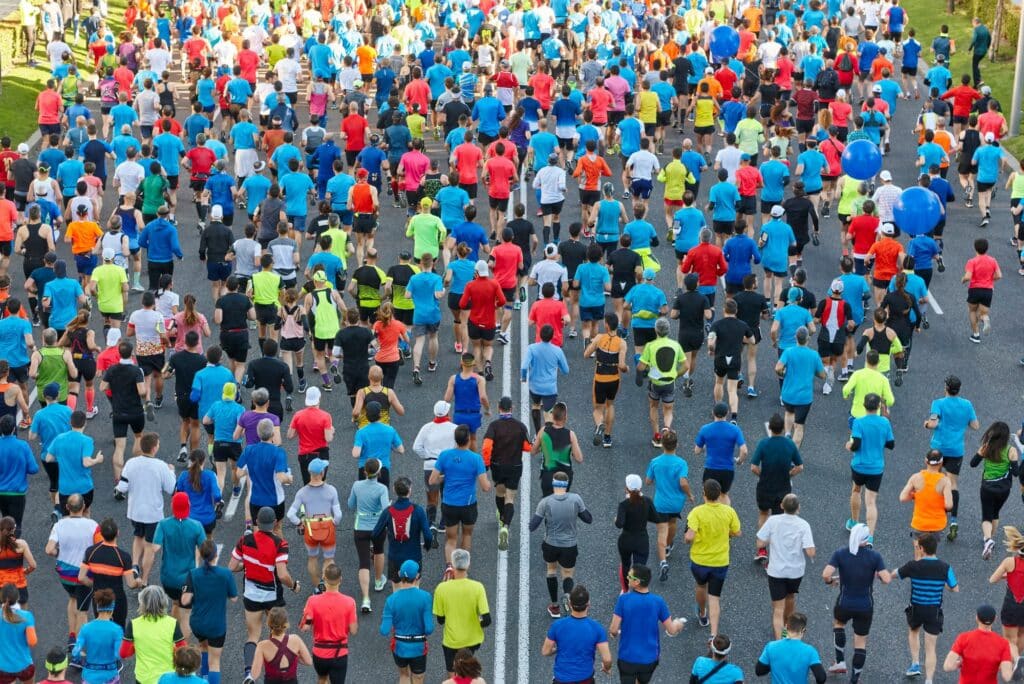
Several factors influence marathon completion times, ranging from training and physical condition to mental state and course conditions. Recognising these factors helps runners optimise preparation and performance, leading to better race outcomes.
A structured training plan is crucial for marathon success. It helps in pacing strategies, particularly for older marathon runners who benefit from the experience. Using periodisation in training plans can maximise performance improvements by balancing workload and recovery. Incorporating varied training intensities, including both low and high, is essential for improving marathon performance.
Strength training can also enhance a runner’s performance by improving muscle strength and running efficiency. Long runs that gradually progress to the goal pace condition the body to finish marathons effectively.
Speed workouts, like split 800s, build the ability to maintain pace even when fatigued.
Here at Coach the Run, we offer a wide variety of marathon training plans that are suitable for all ages and experience levels. Why not download one today?
Proper hydration prevents dehydration, which affects running performance and finish time. A hydration strategy during a marathon should account for fluid loss, electrolytes, and sweat test results. Adequate hydration strategies should consider individual sweat rates and electrolyte losses experienced during long runs.
The timing of carbohydrate intake before a marathon can influence energy availability and performance. Proper nutrition and hydration strategies are key to maintaining energy levels and avoiding fatigue during the race.
Weather conditions and the course profile can significantly alter marathon times. Warmer climates or adverse weather can cause slower race times, as both heat and cold can adversely affect performance. Courses with sharp turns and technical terrain may lead to slower overall marathon times compared to more straightforward paths.
Preparation for various course profiles and weather conditions is crucial for marathon training success. Runners should tailor their training to the specific challenges they expect to face on race day.
Estimating finish time is a key aspect of race preparation. Marathon time calculators often require input on previous race times and weekly training mileage for accurate predictions. Using recent race performances is a recommended method for setting marathon goals. Personal factors like training history and physical fitness levels can significantly dictate marathon performance.
Recent half marathon times are a useful predictor of marathon performance. A common formula runners use to predict marathon times based on half marathon results is to double the recent half marathon time and add 10 to 20 minutes. Another method is to add 20-25 seconds per 1600 metres or about 10 minutes to the half marathon time.
For instance, a half marathon finish time of 1:50 at half marathon pace might translate to a marathon finish time of approximately 4 hours, which is a useful reference for understanding marathon distance. These methods provide a valuable benchmark for setting realistic marathon goals.
Advanced marathon time calculators are based on data from professional runners, offering more precise predictions for average athletes. These tools specifically cater to average athletes, making them more accessible and useful. Using these time calculators can greatly assist runners in planning their training and race strategies.
Marathon time calculators are designed to help runners estimate their finish times based on various factors, including previous race performances and weekly training mileage. These calculators can provide valuable insights for effective race planning.
We highly recommend the Coros Pace 3 watch, which seamlessly syncs with the Coros running app after your runs, allowing you to track your runs and leverage your training data to predict race times. For even greater accuracy, you can take a running fitness test, enabling more precise and personalised race time predictions.
If you don’t have access to advanced tools like Coros Pace watch, then you can use our running pace calculator to predict your race finish time and calculate your running splits.
Realistic goal-setting for your first marathon is crucial to avoid injury and burnout. A challenging yet realistic marathon goal increases motivation and enhances training effectiveness. Avoid arbitrary goals; instead, base your marathon target on your current fitness level for effective training.
First-time marathon runners should focus primarily on finishing the race, rather than fixating on time. Determining the purpose of the marathon drives motivation and focus through training. Setting achievable goals allows you to enjoy the journey and celebrate your accomplishments on race day.
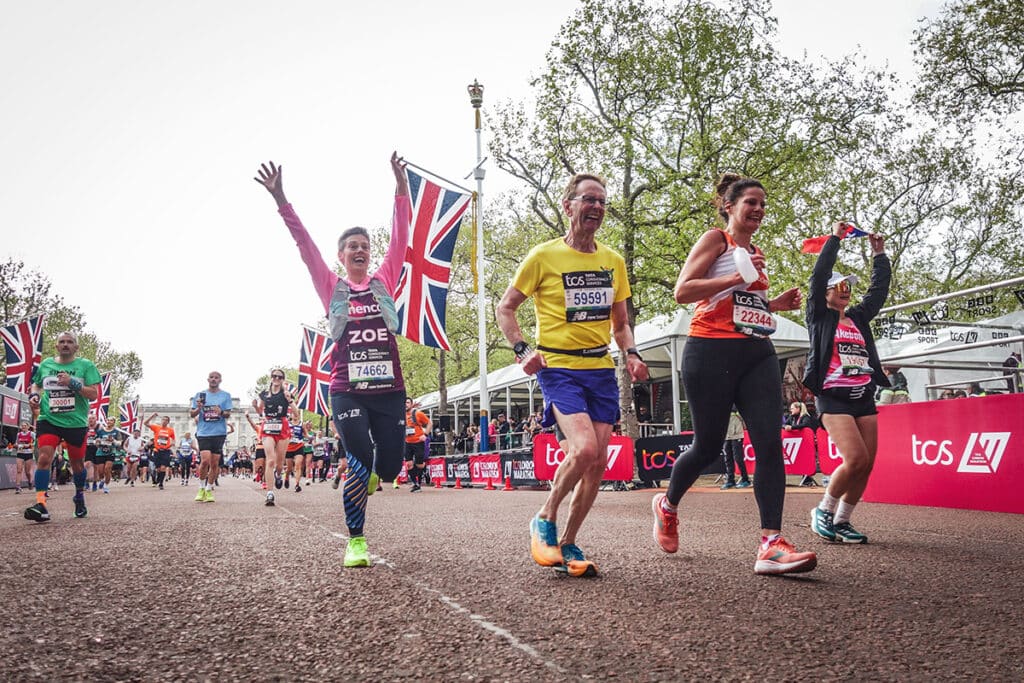
During the first 10 miles, runners should aim to maintain a pace that is slightly slower than their goal marathon pace to conserve energy. In the middle section of the marathon, runners should trust their training and establish a consistent rhythm at their target marathon pace. The final 10K is the time for runners to push their limits, using their mental strength to finish strong and overtake other competitors.
Good running form enhances running economy and reduces effort. Focusing on these strategies enables runners to improve their marathon times and achieve performance goals.
Stories of elite marathon runners can motivate and inspire anyone training for a marathon. Eliud Kipchoge, considered the greatest marathon runner, has won all 10 marathons he entered between 2014 and 2019. Kipchoge set a world record in 2018 at the Berlin Marathon with a time of 2 hours, 1 minute, and 39 seconds. His achievements highlight the incredible potential of human endurance and the heights of marathon performance.
In 2019, Kipchoge made history by completing a marathon in under two hours during a specially arranged event, finishing in 1 hour, 59 minutes, and 40 seconds. More recently, in 2023, Kipchoge became the first athlete to win five Berlin Marathon titles. These remarkable accomplishments demonstrate what is possible with dedication, training, and an unyielding spirit.
The current average marathon finish time is about 4 hours and 32 minutes. So, if you’re aiming to join the ranks of marathon finishers, that’s a good benchmark to keep in mind!
Gender differences do impact marathon times, with women typically running about 10.7% slower than men. This discrepancy is evident in the average finishing times for both genders.
The best age range for marathon performance is often between 25 and 29, but men might peak at 34 and women at 32. So, if you’re in that window, you’ve got a good shot at your best!
To estimate your marathon finish time, double your half-marathon time and add about 10 to 20 minutes. This gives you a solid ballpark for your marathon effort! You can use our running pace calculator to also get a better idea of the pace you need to run.
Your marathon time can be heavily influenced by factors like your training regimen, nutrition, the course layout, and the weather on race day. Focusing on these can help you achieve your best performance!
Understanding average marathon times and the key factors that influence them can help runners set realistic goals and fine-tune their training. By applying proven strategies and insights, you can elevate your marathon experience and strive for a personal best.
Achieving a marathon goal is more than just a milestone—it’s a transformative journey. With the right preparation, mindset, and determination, anyone can cross the finish line with pride. A great way to kick-start your journey toward your first or fastest marathon is by downloading a Coach the Run marathon training plan. These expertly designed plans provide structured guidance to help you unleash your full potential.
Remember to always listen to your body, stay consistent with your training, and trust in yourself on race day. No matter what time you finish, completing a marathon is an impressive feat worth celebrating. So lace up those running shoes and get ready for an unforgettable experience!
Join our mailing list to stay up to date with the latest UK running events, training tips, and exclusive offers on running products. Rest assured, we value your privacy and would never dream of selling your address. Sign up now…

Share this article
During the summer months between marathon blocks, how should I tackle keeping sharp? I’ve seen...
The marathon is an extremely challenging event that requires a lot of dedication and a...
Running is one of the most common forms of exercise and physical activity. It requires...
Kettlebells, a popular type of weight training equipment originating from Russia, consist of a cast...
People often think about running as a way to improve physical health, but the benefits...
We’re here to make sure you’re up-to-date with the latest running tips, events and product discounts – we’ve always got your back! Rest assured, we value your privacy and would never dream of selling your address.
BONUS: Sign up today and receive a FREE code for our Sub-4-Hour Marathon Plan
Your privacy settings
Manage Consent Preferences
Necessary
Analytics
Embedded Videos
Marketing
Facebook Advanced Matching
Facebook CAPI